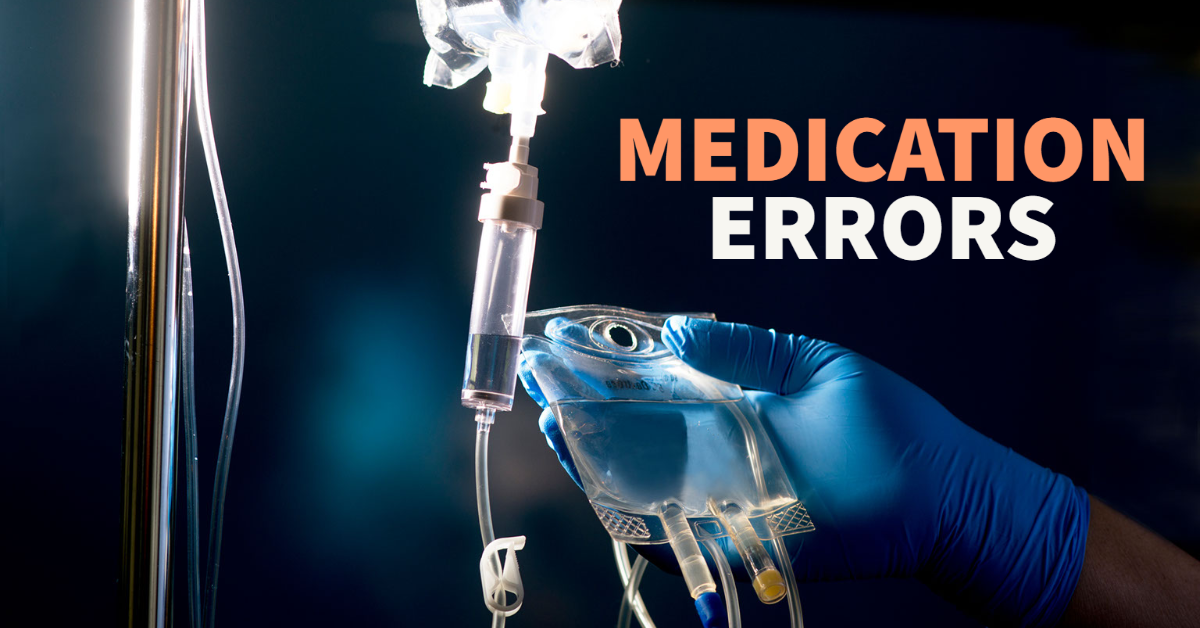
Nurse Alters Morphine Record, Patient Dies: CNO Orders Permanent Resignation
A Profound Breach of Trust in End-of-Life Care In CNO v. Lindsey Coyle, the Discipline Committee of the College of Nurses of Ontario addressed one

According to Statistics Canada, two-thirds (67%) of Canadians reported taking or being prescribed medication in the last 12 months. Over 600 million prescription medications are dispensed in Canada every year, according to the Canadian Pharmacists Association.
Prescription medications can cure or manage disease, reduce symptoms and improve quality of life. Medications can also, unfortunately, be extremely harmful and even lethal if prescribed or administered in error.
Medication errors are preventable events that may cause or lead to inappropriate medication use or patient harm. The degree of harm caused to a patient can range from minimal (or non-existent) to lifelong serious disability and even death.
TYPES OF MEDICATION ERRORS
According to the authors of a 2023 medical publication entitled “Medication Dispensing Errors and Prevention“, the following are the common types of medication errors that can occur:
CAUSES OF MEDICATION ERROR
The most common causes of medication errors result from:
Medication errors may be due to human errors, but they can often result from systemic errors with inadequate backup to detect mistakes.
WHEN DO MEDICATION ERRORS OCCUR?
The authors of the article referenced above note the fact that medication errors can occur at many steps in patient care, from ordering the medication to the time the patient is administered the drug.
In general, medication errors usually occur at one of these points:
Medication errors are most common at the ordering or prescribing stage. Typical errors include the healthcare provider writing the wrong medication, the wrong route or dose, or the wrong frequency. These ordering errors account for almost 50% of medication errors. Data show that nurses and pharmacists identify anywhere from 30% to 70% of medication-ordering errors. It is obvious that medication errors are a pervasive problem, but the problem is preventable in most cases.
For more information about medical malpractice and medication errors, watch or listen to Medication Errors and Malpractice Cases, an episode of Inside Medical Malpractice.
In this video podcast, I discuss the serious concern of medication errors in healthcare. Along with nursing expert host Chris Rokosh, we discuss the 10 “rights” to medication administration which are considered basic knowledge for all healthcare providers. If followed correctly, these “rights” are meant to prevent errors. In this podcast, I discuss several cases from my own practice that involve nurses, doctors and pharmacists giving the wrong drug or the wrong dose at the wrong time without any follow up.
This episode offers solid advice to healthcare providers and the public on how to avoid medication errors, and in it I offer my own advice to lawyers who may find themselves litigating these types of cases.

A Profound Breach of Trust in End-of-Life Care In CNO v. Lindsey Coyle, the Discipline Committee of the College of Nurses of Ontario addressed one

What College of Physicians and Surgeons of Ontario v. Thirlwell, 2026 ONPSDT 5 Means for Patients and Public Trust In College of Physicians and Surgeons